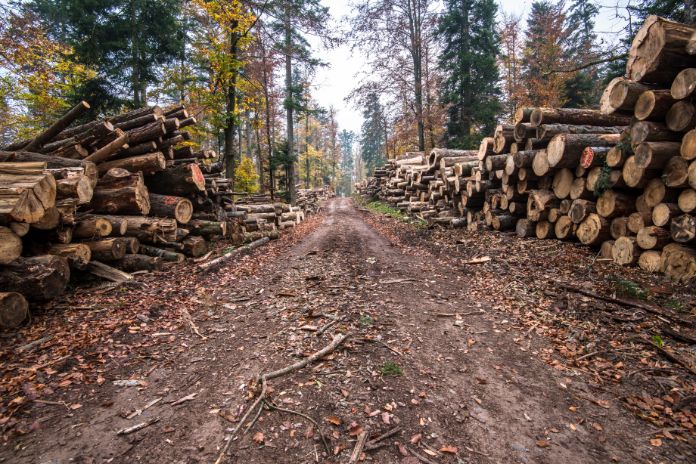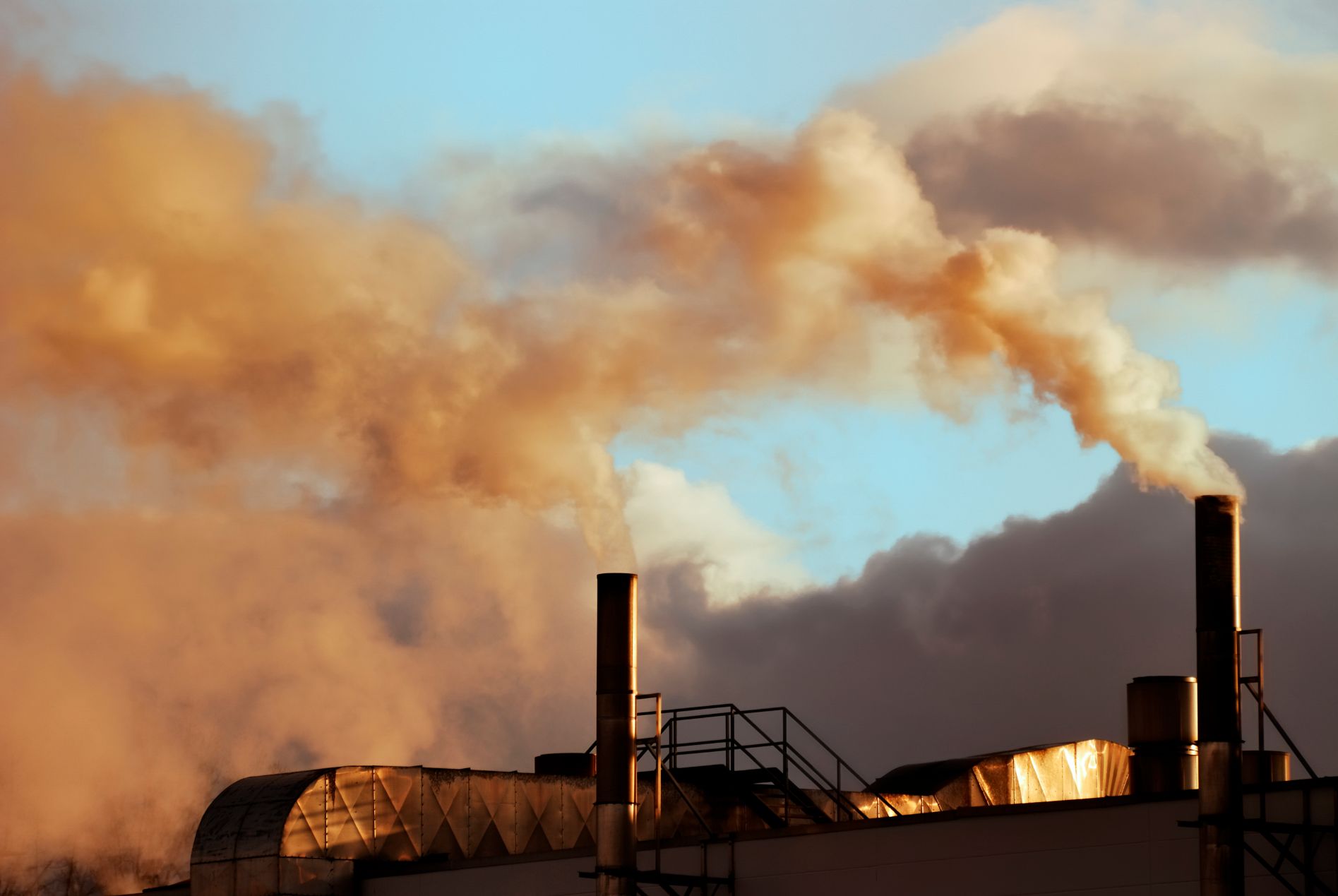Last Updated on February 25, 2024
Recycling of waste is extremely crucial for the environment and even the smallest of steps can make a significant difference to the world. If we are really serious about protecting nature and its resources, it is important to make waste recycling a part of our lives.
Today, the problem of landfills has emerged as one of the most difficult environmental issues to manage. The problem continues to get bigger with each passing day, as more waste ends up in landfills. Non-biodegradable waste materials such as plastic tend to remain in landfill sites for hundreds of years, emitting gases that pose several threats to the environment.
The number of waste materials dumped in our landfills can be reduced significantly by sustainable waste recycling initiatives. By recycling our domestic and commercial waste, all of us can make a contribution towards helping the environment.
Mentioned below are some of the most important benefits of waste recycling.
Conservation of Natural Resources:
According to the National Institutes of Health Environmental Management System, out of all the natural resources used by the Americans, approximately 94% are non-renewable. The total amounts of resources such as fossil fuels and mineral ores are limited. If their rate of extraction and use is not controlled, we will exhaust the overall stock of these precious natural resources very soon.
When we discard used metals or plastic in the landfills, they are lost forever. It is important for us to save them for future generations.
The University of Southern Indiana claims that a significant amount of discarded resources can be recovered by recycling. According to them, the quantity of aluminum discarded each year in the country can be used four times to rebuild the US commercial air fleet. Similarly, 1,200 pounds of organic garbage produced by American households can be converted to compost.
Habitat Conservation:

According to World Wide Fund for Nature, 40% of the world’s timber use accounts for paper pulps. It has been claimed by the Union of Concerned Scientists that the paper industry is responsible for destroying more forests than palm oil cultivation or mining in the tropical regions. As our forests continue to get destroyed, the associated fauna keeps losing their habitat.
In addition to deforestation, the destruction of forests also takes place because of mining and other infrastructure development projects.
Wastepaper recycling is one of the best ways to arrest deforestation around the world. The University of Southern Indiana mentions that about 25,000,000 trees can be saved per year if one-tenth of their newspapers are recycled by every American.
Reduced Energy Consumption:
Huge amounts of energy are consumed for raw material mining, processing, and transportation. The American Geosciences Institute claims that a significant portion of this consumption can be saved by segregating and recycling paper, metals, and plastic. For example, compared to manufacturing glass from scratch, it can be recycled using only 10-15% of energy.
Pollution Control:

Recycling helps address the problem of pollution by reducing the need for manufacturing fresh materials. It also reduces pollution by cutting down on littering and landfills, helping avoid incineration in the process. Contaminants such as brine, metals, dust, and radionuclides present in landfills tend to pollute the surrounding land and water by leaching out.
Recycling can help manage these pollution sources.
Reduces Global Warming:
Approximately 42% of greenhouse gas (GHG) emissions in the US are because of production, processing, transportation, and disposal of different materials, according to the EPA. Experts suggest that it is possible to manage global warming to a certain extent by reducing any of the life phases of waste material. This is where waste recycling can help the cause.
If you are ready to make a contribution to protecting the world by recycling your domestic or commercial waste, you can find out more details from Trash King.

